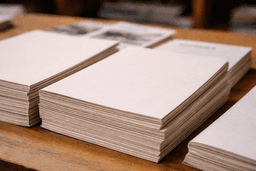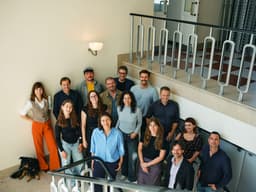
Feminist media in Ukraine changed the notion of a women’s magazine. How did they do it?
From a commercial project of a wealthy publisher to a one-person volunteer-driven blog, the outlets in Ukraine challenge one’s take on femininity
The Fix Newsletter
Everything you need to know about European media market every week in your inbox
7 articles • 0 Followers










